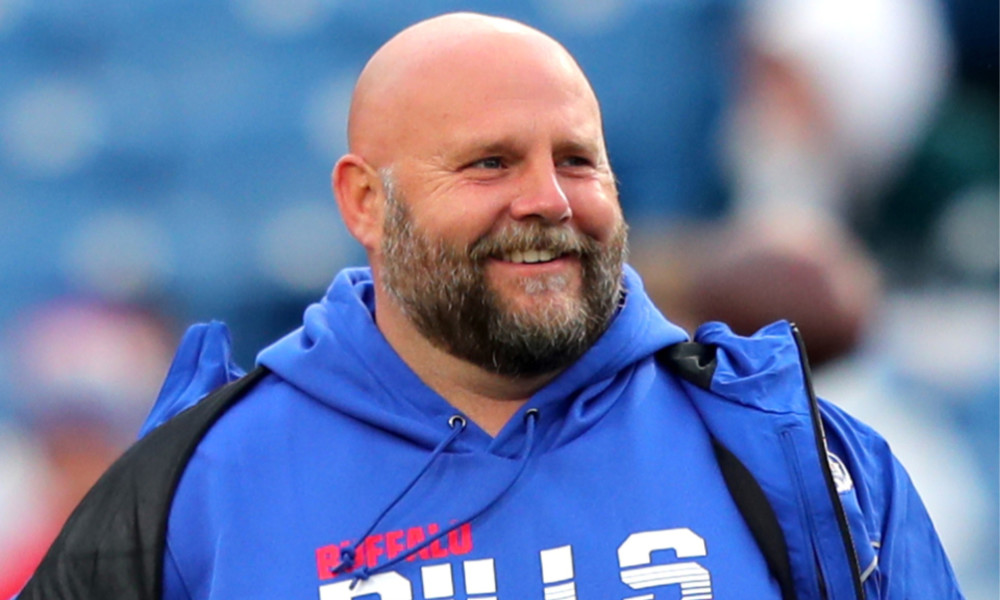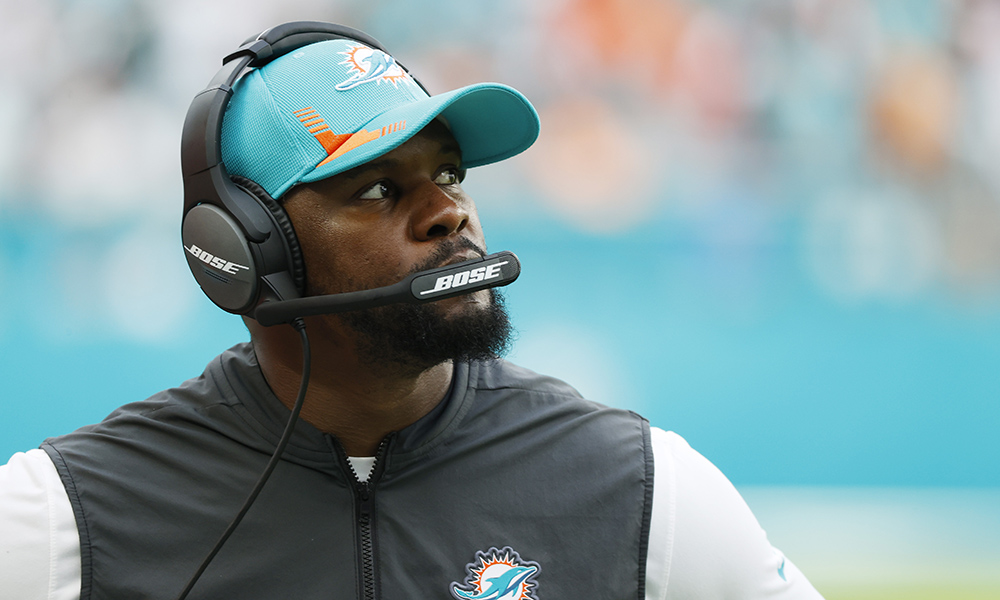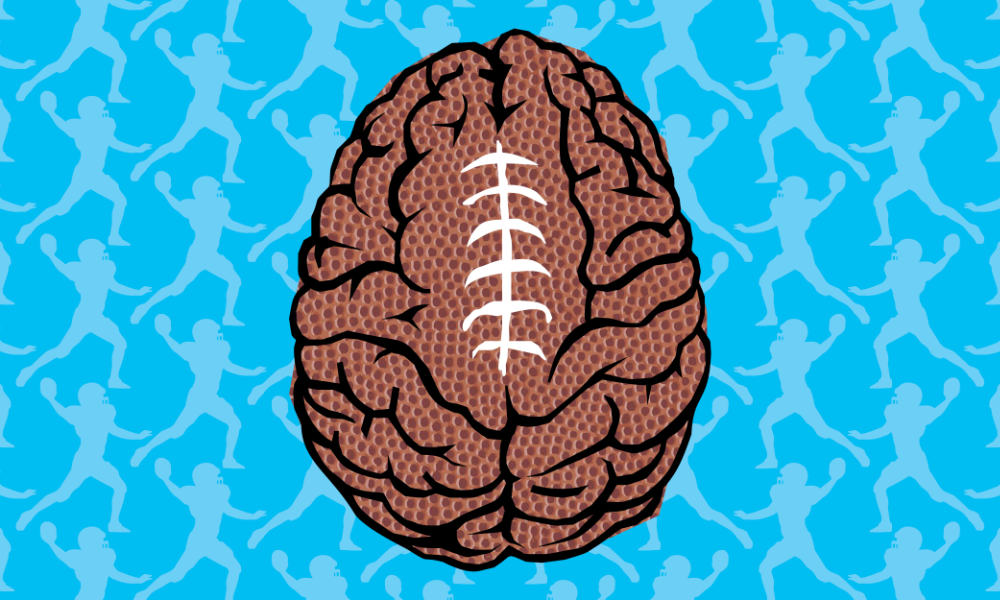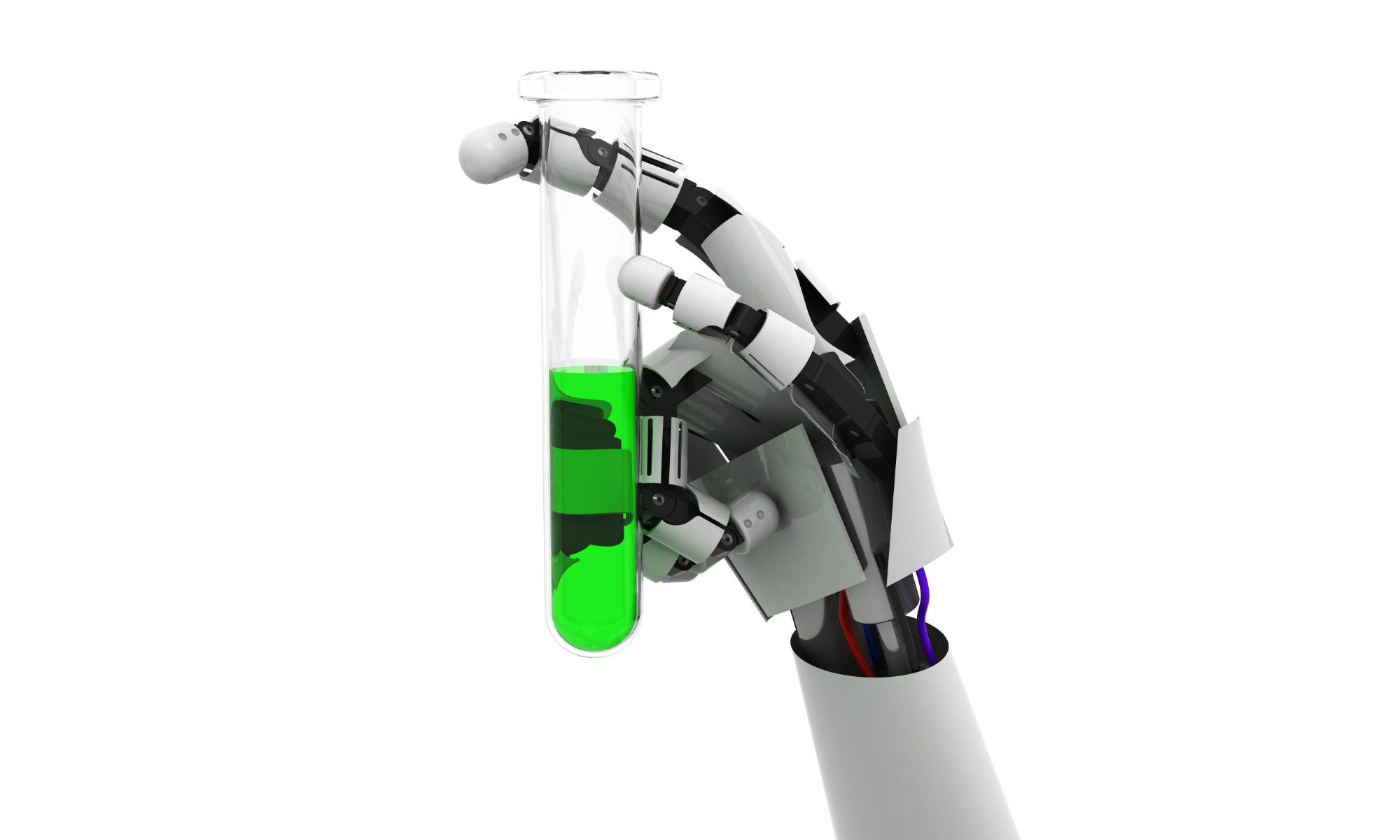What is cognitive bias?
A cognitive bias is a mental process that can lead to illogical and irrational decisions. Biased thinking occurs not only in life, but also in fantasy sports, explains University of Rochester brain and cognitive science professor Renee Miller.
Although she has participated in fantasy football since 2006, Miller realized in fall 2012 that she could combine her expertise in neuroscience with her love of fantasy sports.
Since then, she has published a short eBook called Cognitive Bias in Fantasy Sports: Is Your Brain Sabotaging Your Team? and written numerous articles on the topic. As the NFL gears up for another season, Miller recently contributed the first in a weekly series she is writing for Yahoo Sports on the ways cognitive bias affects a person’s weekly fantasy football matchups. In the piece, she discusses how cognitive biases are prominently at play during week one of the fantasy season.
Examples of cognitive biases in fantasy football
In fantasy sports, Miller writes, “your brain can twist and interpret fantasy results in ways that are suboptimal, lazy, and illogical.” This biased mental processing can take many forms, she explains. In fantasy sports and beyond, common cognitive bias examples include the following:
- Endowment effect: overvaluing things we have invested in
- Primacy effect: more readily remembering the first event or item in a series versus subsequent events or items
- Recency bias: overvaluing things that have happened most recently
- Confirmation bias: believing information that confirms previously held beliefs while ignoring conflicting data
In week one of the fantasy season, especially, overreactions from fantasy sports participants tend to dominate, particularly on social media. The primacy effect means the results of this first week might carry more weight in a person’s memory than results in subsequent weeks.
“There are certain players we expect to be very involved and score tons of fantasy points, and if they don’t do that in week one, it can really skew our opinion of them going forward,” Miller says. “On the other hand, some players that no one expected to be great will score multiple touchdowns, and fantasy players can end up (unrealistically) expecting or hoping for similar performances in weeks two, three, and beyond.”
But, according to Miller, there are ways to defend against cognitive bias. For example, anticipating you are going to be wrong some of the time, being open to learning, thinking more logically, and remaining aware that biases can twist results in ways that affect decision-making
“Heading into the season with a skeptical brow raised at your brain’s initial emotional reactions should give you a leg up on perfecting a logical process as the season goes on,” she writes.
- Read the full Yahoo Sports article online.
Read more
 Using data science to tell which of these people is lying
Using data science to tell which of these people is lying
Researchers used data science to analyze more than 1 million facial expressions in order to more accurately detect deception based on a smile.
 Brian Daboll ’97 named NFL’s New York Giants head coach
Brian Daboll ’97 named NFL’s New York Giants head coach
Daboll’s coaching career has spanned various college and NFL teams over the past 24 years, including a role as the Buffalo Bills offensive coordinator.
 Pro-White hiring bias for NFL head coaches, analysis finds
Pro-White hiring bias for NFL head coaches, analysis finds
Writing in the Washington Post, Rochester political scientist Bethany Lacina shows the degree to which Black coaches are underrepresented in the NFL.





